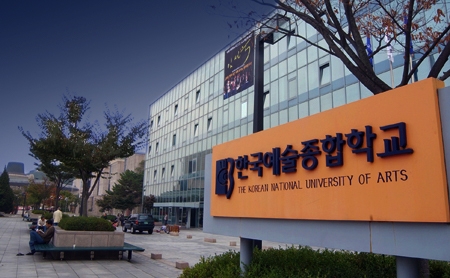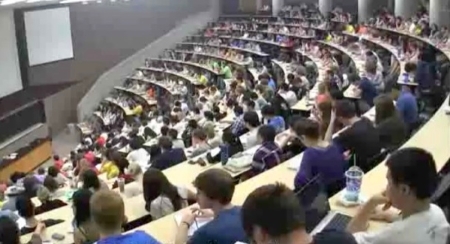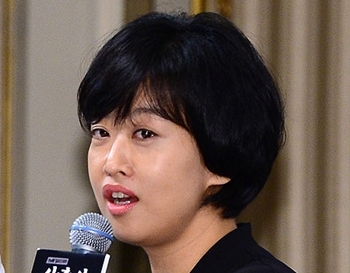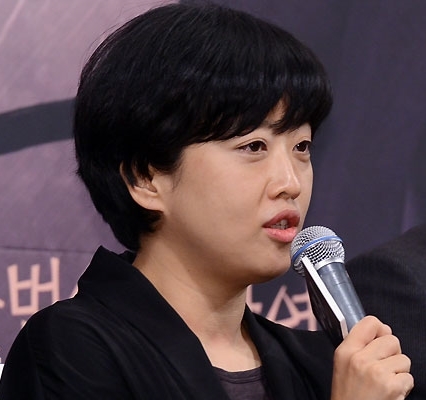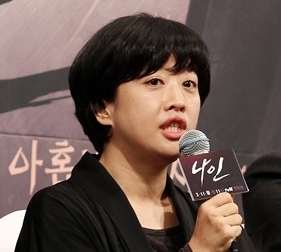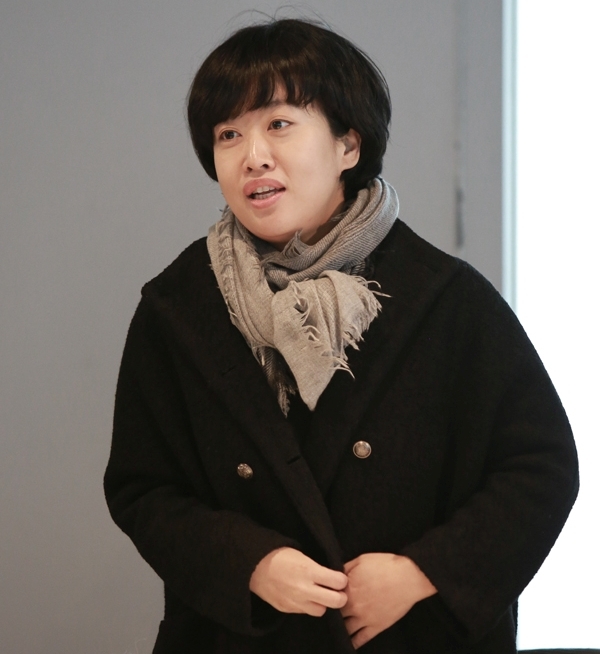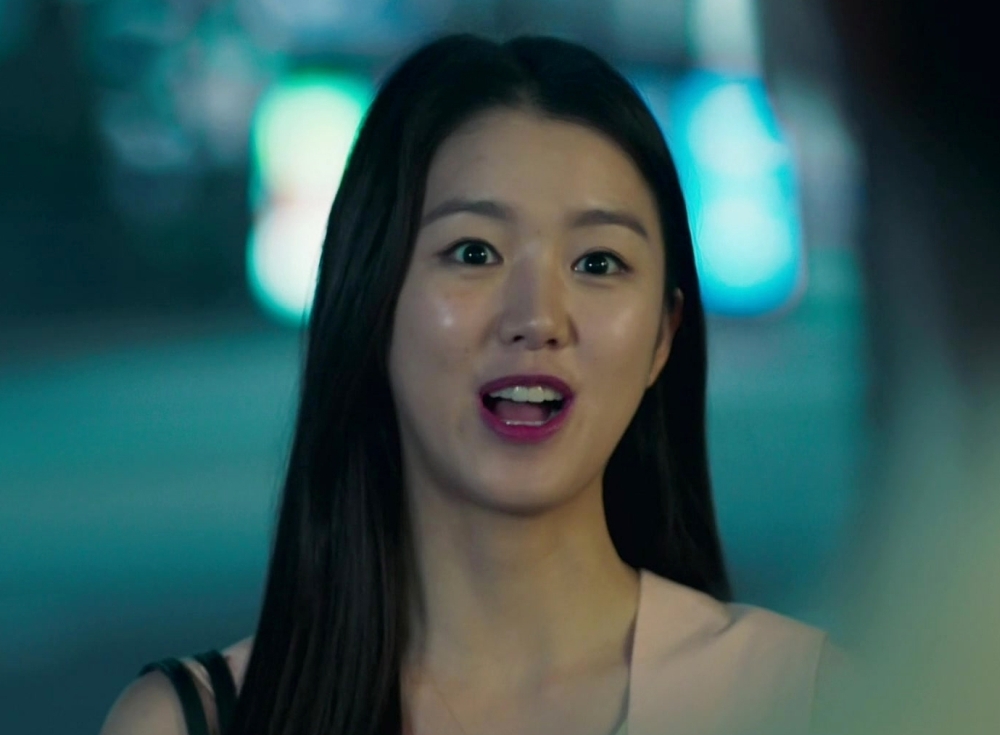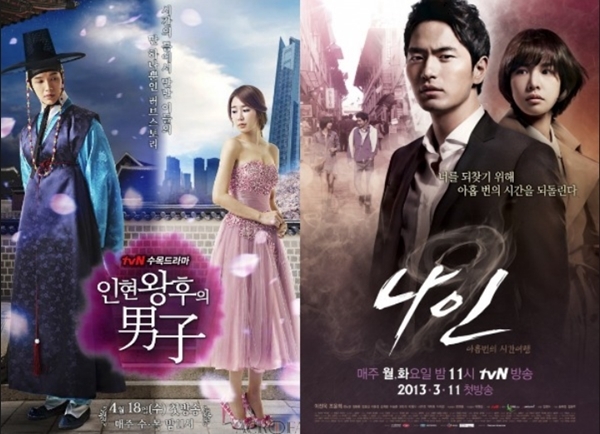Scenes #19 and #20 of the first episode was too long and sleepy.
They have been reworked to have more impact.
Some non-essential replicas have been removed, and others shortened.
Some other scenes of the drama need this type of revision.
In their original version, these scenes benefit from a natural flow.
- The 1st risk is therefore to break this flow during the correction.
- The 2nd risk is to have removed a replica that could have been interesting.
- The 3rd risk is not to remove or shorten sufficiently.
- The 4th risk is that we haven't found more interesting ideas.
Below, you can see the original text of these scenes...
# 1
Seoul University of Dramatic Arts, late afternoon.

| ~ | I remind you of 3 essential principles in writing a script. |
Conference room.
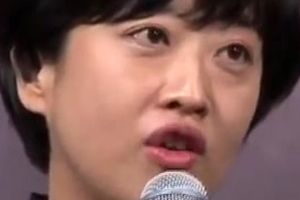
| ~ | 1st principle, autonomy. |
The professor and scriptwriter Song Jae-Jung.
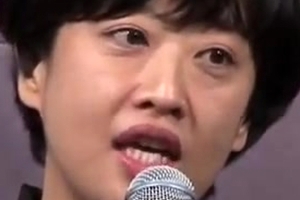
| - | Let your characters live! First ask yourself what they would do, not you. |
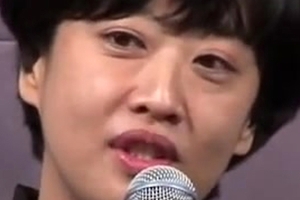
| - | They should not become a substitute for your wishes. Leave this to your audience. |
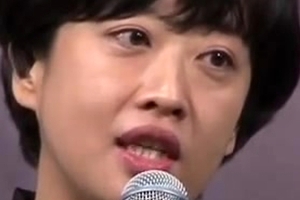
| - | Sometimes the characters become so sculpted and deep that it is as if they existed of themselves, with all the love of their creator. |
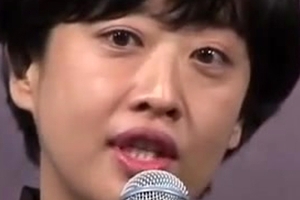
| - | 2nd principle, consistency. |
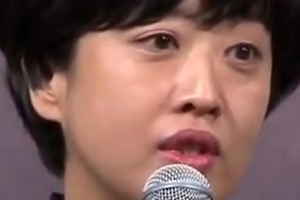
| - | Do you really believe that spectators do not take this into account? |
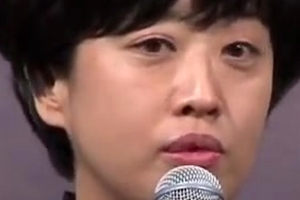
| - | In reality, they hate the stupidities that have been served to them for ages, often in Hollywood blockbusters. |
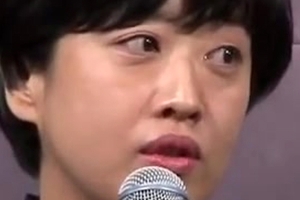
| - | Who has a first aid certificate here? |
Many students raise their hands.
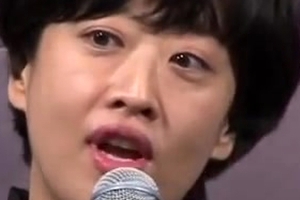
| - | That's a lot of people. |

| - | And what do you think when you see a cliché scene, in which a character gives a cardiac massage on someone who is still breathing? |
A student answers.

| - | Give a cardiac massage, on someone whose heart is beating, causes cardiac arrest. |
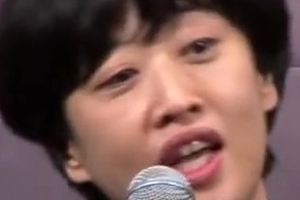
| - | That's right, and it's really unbearable to see that. |
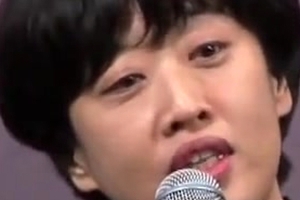
| - | Not only is it poorly written, but if ignorant people reproduce this gesture, they could put someone in danger. |
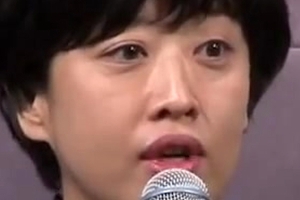
| - | So, consistency in detail, but more importantly, consistency of the scenario as a whole. |

| - | Take for example a story in which the hero poses as dead, after someone tried to murder him. |
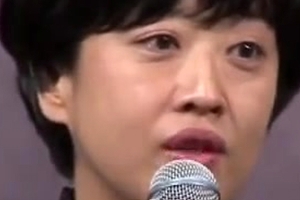
| - | He returned to his city a few years later, determined to take revenge. |
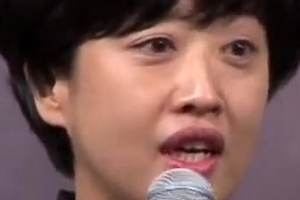
| - | To do this, he makes a false identity for himself, although he is barely disguised. |
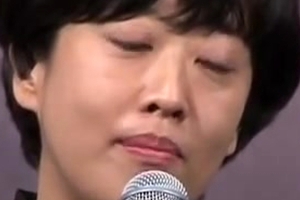
| - | The city is fuuuuuull of people or relatives who knew him. |
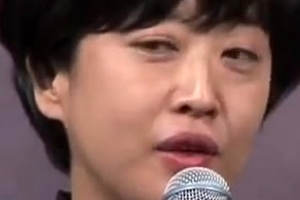
| - | In fact, he might be discovered every 5 minutes! |
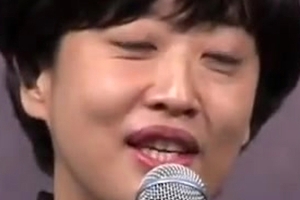
| - | It's simple, my 5-year-old nephew is smarter than this hero... |
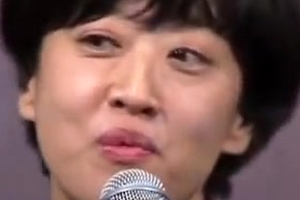
| - | ...Or than his writer! |
An unknown student woman is laughing.

| - | Seonsaingnim! |
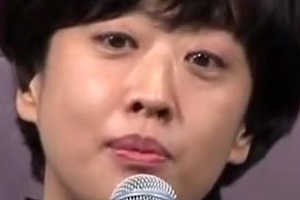
| - | Yes? |
The student turns out to be Oh Yeon-Joo!
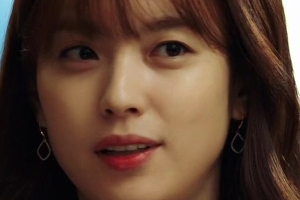
| - | I just read a manhwa with this scenario recently. |
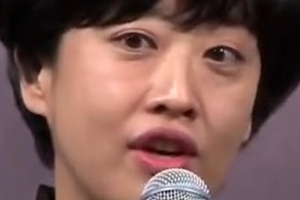
| - | Share your feelings with us. |

| - | I loved it! |
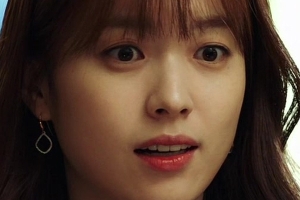
| - | There was a terrible suspense when he was going to be recognized by his enemies. |
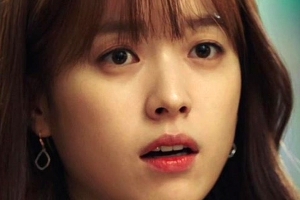
| - | And it was heartbreaking when he had to pretend to ignore his former fiancée, with whom he is still in love. |

| - | And also, the hero was such a cute Oppa... |
(General laughter in the amphitheatre.)

| - | (Amused) Thank you for your candor and enthusiasm, Oh Yeon-Joo. |

| - | It is undoubtedly for these naive reactions that some scriptwriters give in to the ease. |
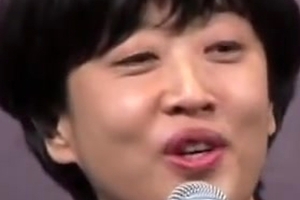
| - | But the audience has matured and is more critical, even for fantasy stories. |
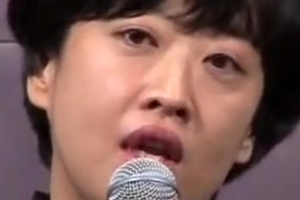
| - | We can no longer serve, as in the past, a scenario filled with unbelievable, illogical things out of context. |

| - | And just that.... |

| - | 3rd principle, the context. |

| - | Your story takes place in a given environment, such as a police station, factory, or port. |

| - | Investigate this environment thoroughly, and collect the anecdotes that abound. |
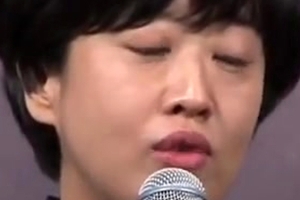
| - | You will see that reality is often more extraordinary than what comes out of your imagination. |

| - | It will also give you tons of unexpected ideas, all credible. |
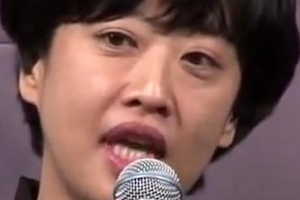
| - | Even in a fiction, the viewer likes to discover a context as sharp as in a documentary. |

| : | Ah, what if I wrote my manhwa script in the hospital environment? |

| : | I would probably have lots of fabulous and realistic stories... |

| : | Surgical operations would have instructive reversals. |
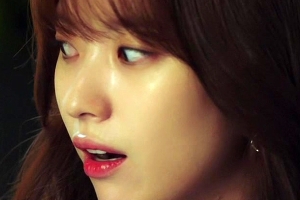
| : | I could even put a character who looks like the Mad Dog in it. |
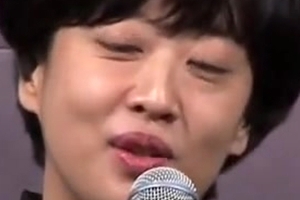
| - | That will be all for today. |
Song Jae-Jung gets up and puts on her coat.
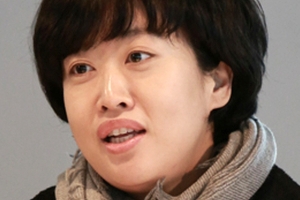
| - | Please write scenarios that make sense. |
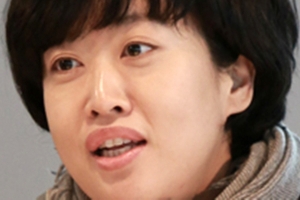
| - | And for suspense or melodrama, brainstorm to stay within a credible context. |
(All students together.)
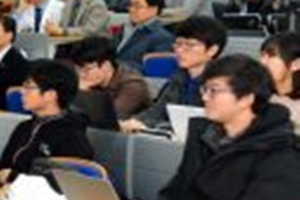
| - | Yes Seonsaingnim ! |
(Noise of people picking up their things and leaving the amphitheatre.)
# 2
It's just nightfall on the university campus.
Oh Yeon-Joo is going to the campus.

| - | Unnie, wait for me! |
A student is trying to catch up with her.
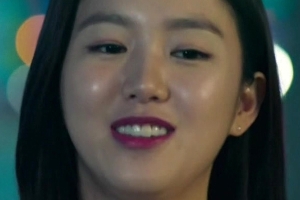
| - | I was sitting next to you during the course. |
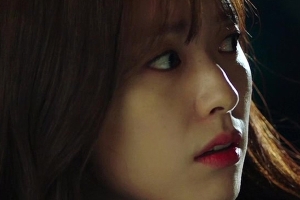
| - | Ah, yes. |
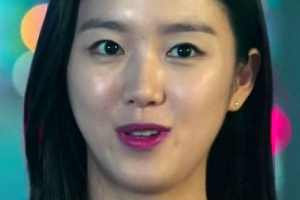
| - | The teacher called you Oh Yeon-Joo.... |
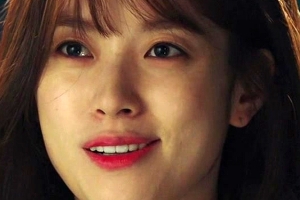
| - | Yes, it is me. |
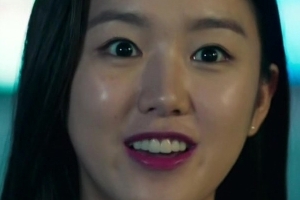
| - | The real Oh Yeon-Joo? |
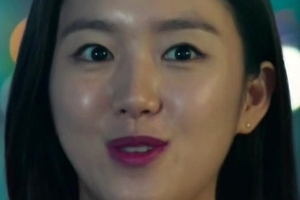
| - | Oh Sung-Moo's daughter, the one he drew in "W"? |
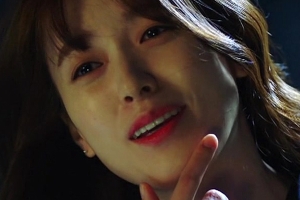
| - | I look like me, don't I? |
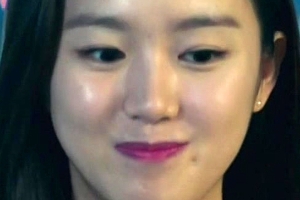
| - | You are also pretty. |
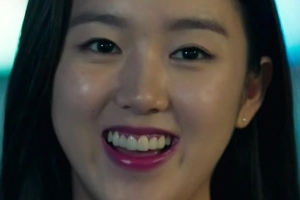
| - | It's deabak! I never thought I'd meet you at this script class. |
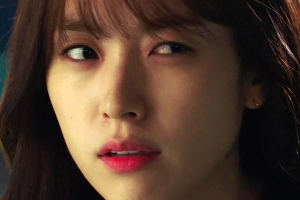
| - | About the lesson, isn't that a bit rigid as a method? |
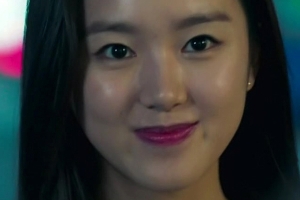
| - | Are you kidding, you don't know who the teacher is? |
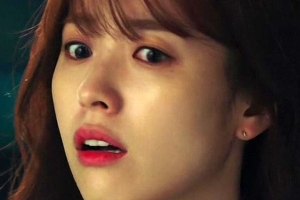
| - | Song Jae-Jung.... |
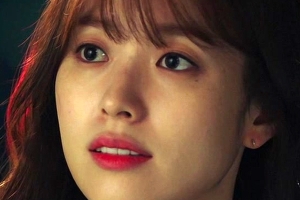
| - | Is it someone famous? |
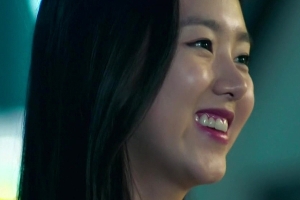
| - | Of course, she wrote scripts for TV. |
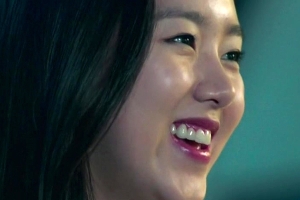
| - | Super-known dramas like "Queen In-Hyun's man" or "Nine". |
The student takes out her smartphone to show the posters.
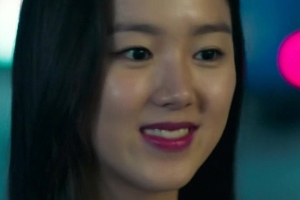
| - | Look. |
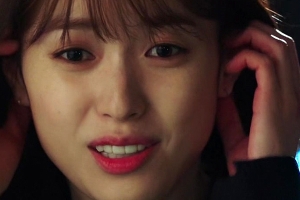
| - | Oh I see, I rarely watch television. |
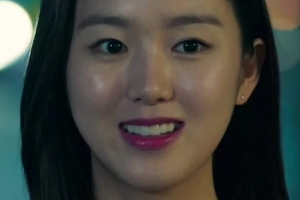
| - | She even takes care of the future adaptation of "W" into a drama. |
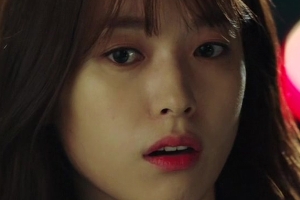
| - | Gosh... the world is a small place. |

| - | Would you like to have a drink? |

| - | I'm sorry, I have an appointment. |
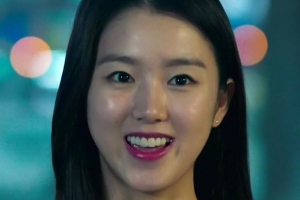
| - | After maybe? Please, Unnie. |
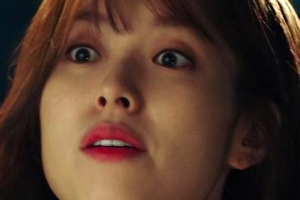
| - | Then I have to pick up my baby from my mother. |

| - | I had so many questions to ask you. |
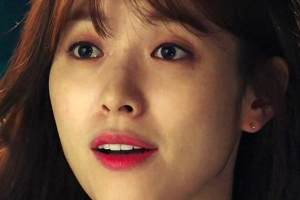
| - | We can do that next time. But rather before the class. |
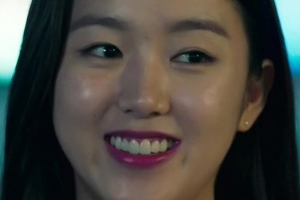
| - | We could make an appointment an hour before. At the local café? |
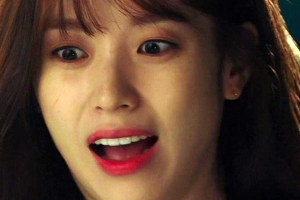
| - | Yes, let's do that. |

| - | Promised? |

| - | Yes, I promise. |
